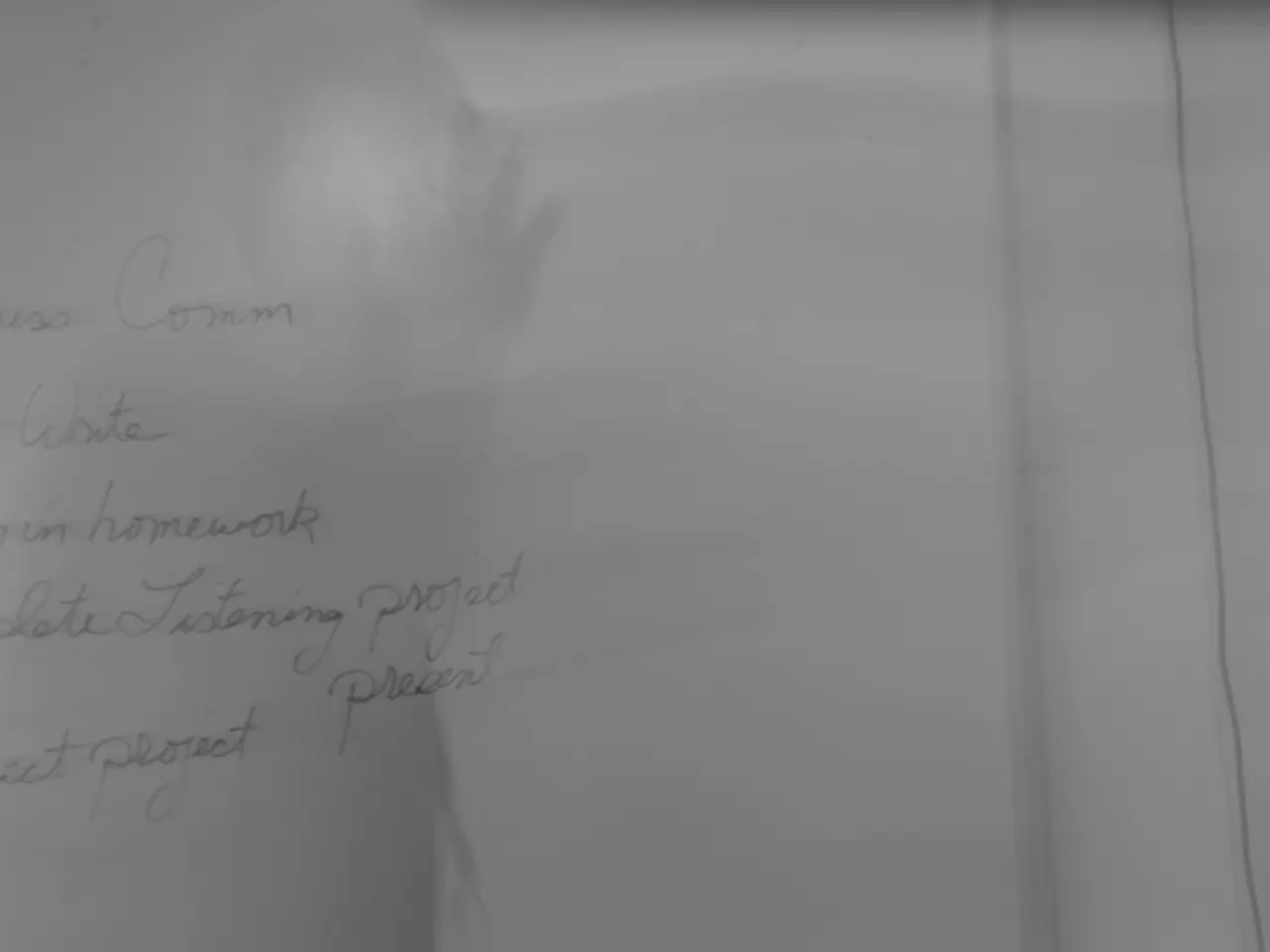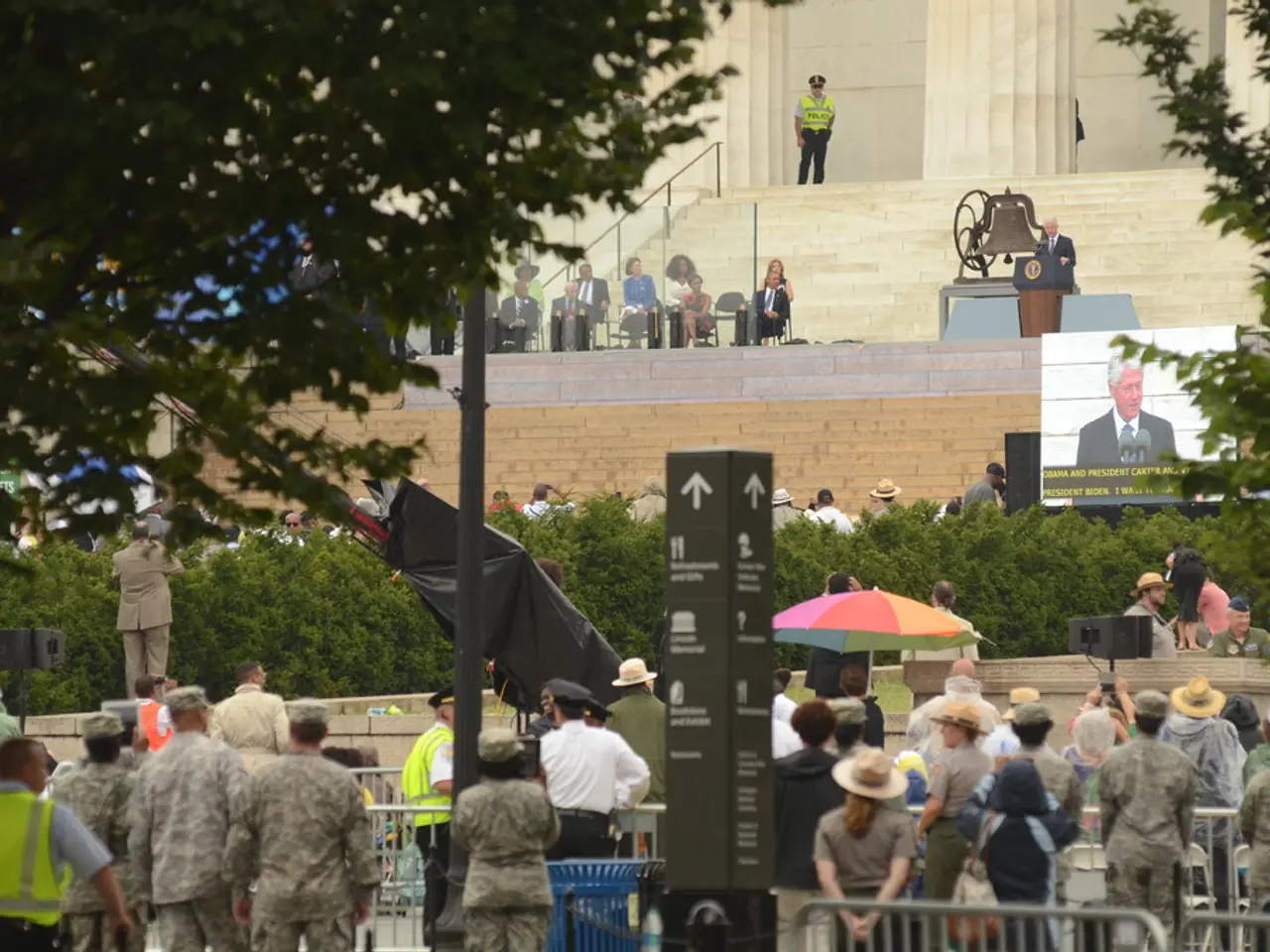France seeks fresh warrant for the arrest of Syria's ex-president Bashar al-Assad
France Seeks New Arrest Warrant for Bashar al-Assad Over 2013 Chemical Attack
French prosecutors have requested a new arrest warrant for former Syrian president Bashar al-Assad, focusing on his alleged involvement in a deadly 2013 chemical attack. The new request comes after the Court of Cassation, France's highest court, annulled the previous warrant due to presidential immunity while Assad was still in office.
The suspected sarin gas attack took place on August 4-5, 2013, in the Ghouta region near Damascus, resulting in the deaths of approximately 1,400 people and causing numerous injuries. The initial arrest warrant was issued in 2023, but it was annulled in July 2025 as Assad was still in power at the time.
Since Assad's ouster in December 2024 by an Islamist-led group and his reported flight to Russia, French prosecutors argue that new warrants can now be issued without presidential immunity shielding him. The French National Anti-Terror Prosecutor's Office (PNAT) has officially requested the issuance and international dissemination of the new arrest warrant, citing alleged complicity in crimes against humanity and war crimes linked to the chemical attack.
Investigations into the circumstances of the attack have been ongoing since 2021, with French investigating judges supporting the case. Notably, multiple human rights organizations, including the Syrian Center for Media & Freedom of Expression and Physicians for Human Rights, have supported this investigation.
It is important to note that the International Criminal Court is not competent for crimes committed in Syria, as Syria is not a signatory state. Therefore, a trial against Assad in France is possible in his absence.
The decision regarding the new arrest warrant now lies with the investigating judges. If issued, it would mark a significant development in the ongoing pursuit of justice for the victims of the 2013 chemical attack in Syria.
[1] Le Monde (2025). "France Demande une nouvelle mandat d'arrêt contre Bashar al-Assad pour l'attaque chimique de Ghouta." Retrieved from https://www.lemonde.fr/politique/article/2025/07/26/france-demande-une-nouvelle-mandat-d-arret-contre-bashar-al-assad-pour-l-attaque-chimique-de-ghouta_6106434_3232.html
[2] Human Rights Watch (2023). "Syria: Chemical Attack in Ghouta: Strong Evidence of Sarin Use." Retrieved from https://www.hrw.org/report/2023/08/27/syria-chemical-attack-ghouta/strong-evidence-sarin-use
[3] Le Figaro (2025). "La Cour de Cassation annule le mandat d'arrêt international contre Bashar al-Assad." Retrieved from https://www.lefigaro.fr/international/2025/07/26/01003-20250726ARTFIG00201-la-cour-de-cassation-annule-le-mandat-d-arret-international-contre-bashar-al-assad.php
[4] BBC News (2025). "France seeks new arrest warrant for Bashar al-Assad over chemical attack." Retrieved from https://www.bbc.com/news/world-middle-east-61057719
The French National Anti-Terror Prosecutor's Office (PNAT) has requested the issuance and international dissemination of a new arrest warrant for Bashar al-Assad, focusing on his alleged involvement in the 2013 chemical attack in Syria. This move comes under the purview of community and employment policies, as the prosecutors argue that new warrants can now be issued following Assad's ouster, which falls under general news and politics. Furthermore, the request is linked to crime and justice, as investigations continue into the circumstances of the chemical attack, and alleged complicity in crimes against humanity and war crimes.






